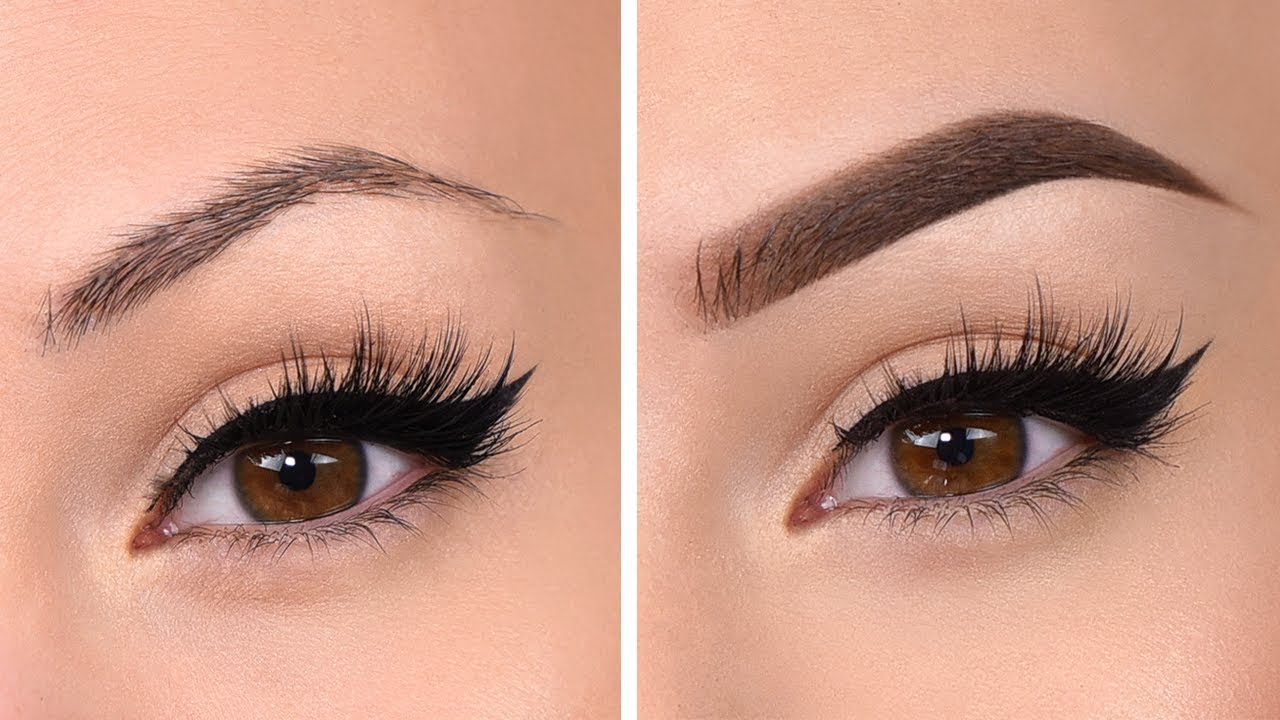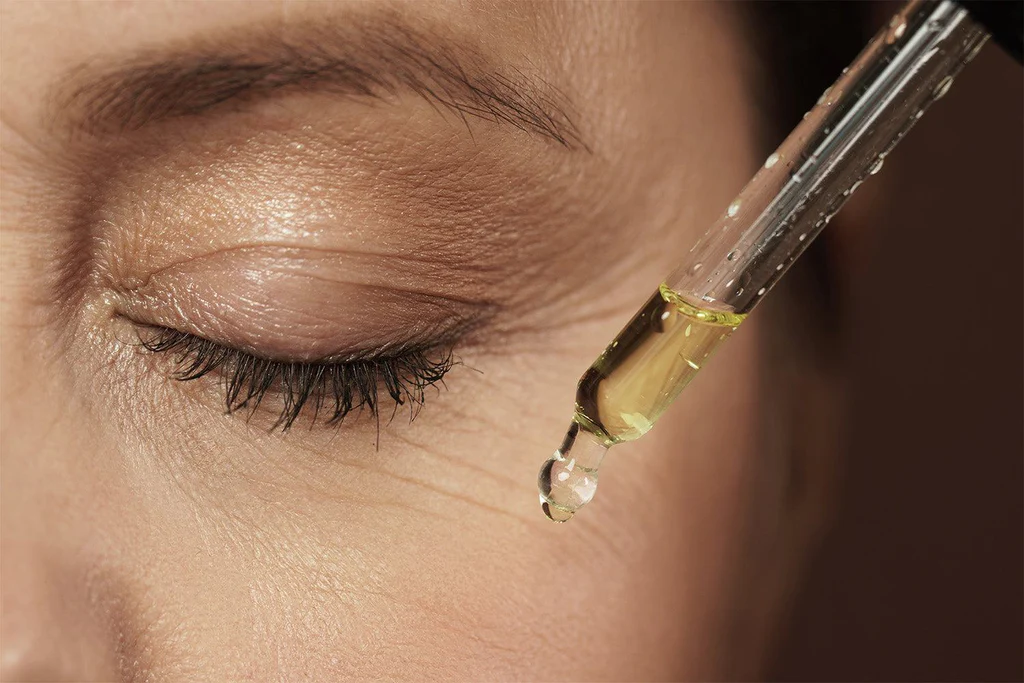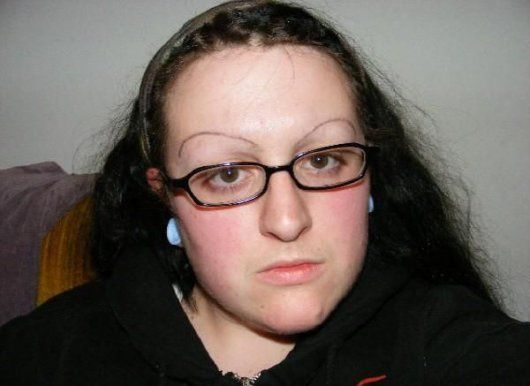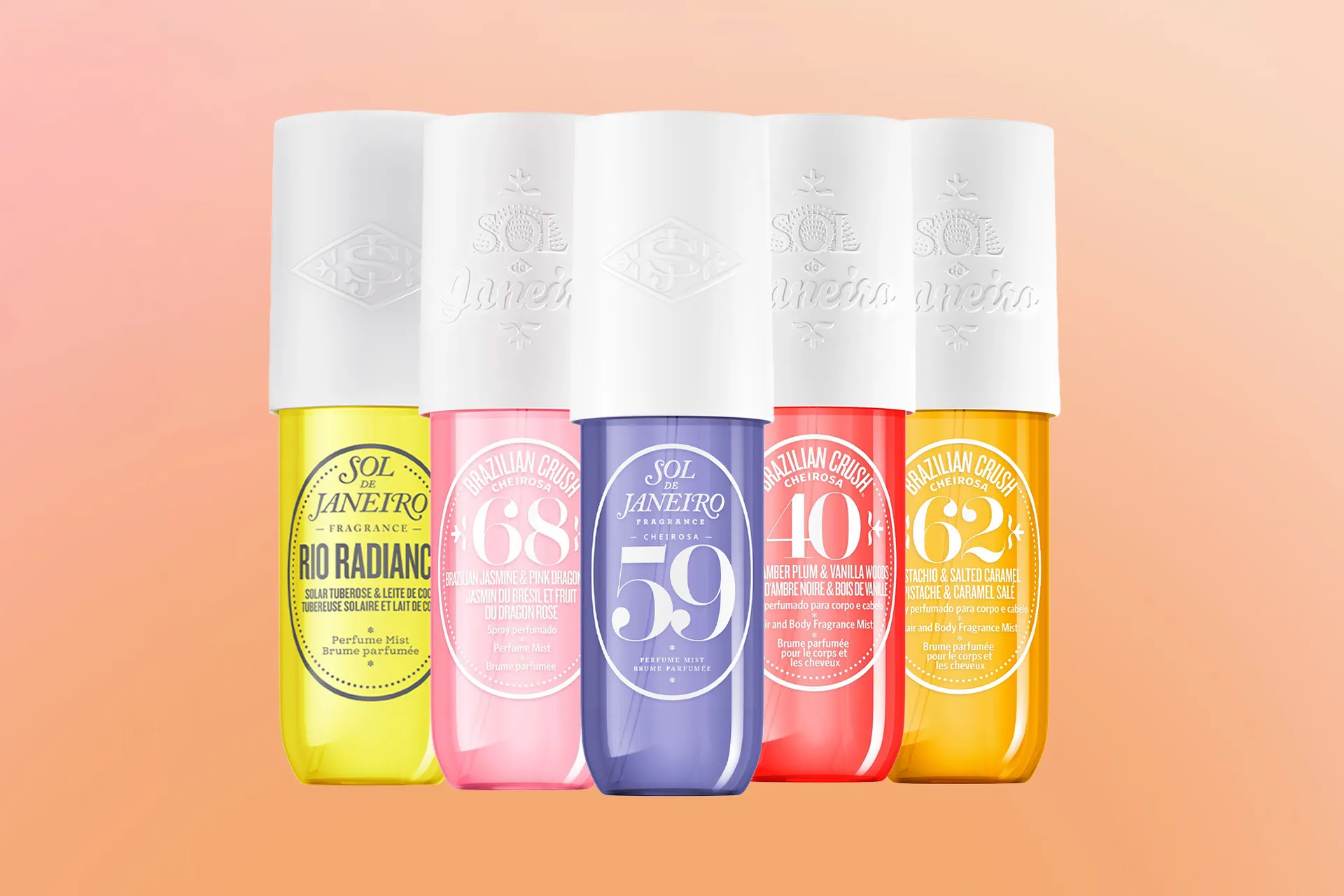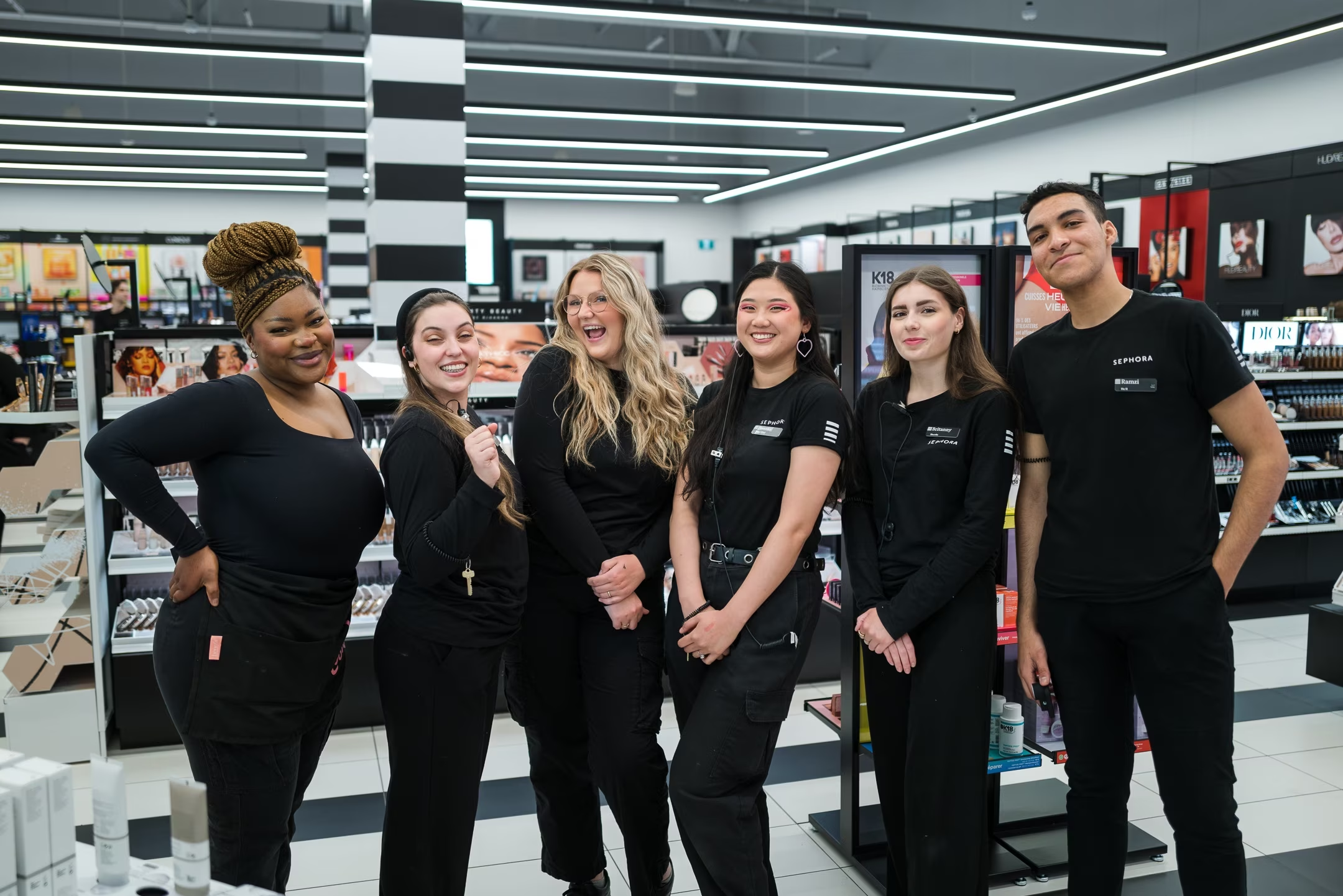
 By
Your Beauty Plug
By
Your Beauty Plug
Dry eyebrows are a common problem that many people face, especially in cold or dry weather. Dry eyebrows can cause flaking, itching, irritation, and even hair loss in some cases. But what causes dry eyebrows, and how can you treat them effectively? In this blog post, we will answer some frequently asked questions about dry eyebrows and share some tips and tricks to keep your eyebrows healthy and hydrated.
There are several possible causes of dry eyebrows, such as:
The treatment of dry eyebrows depends on the underlying cause and the severity of the symptoms. Some general tips for treating dry eyebrows are:
The prevention of dry eyebrows depends on the underlying cause and the risk factors. Some general tips for preventing dry eyebrows are:
Dry eyebrows are a common problem that can have various causes and treatments. By following the tips and tricks in this blog post, you can treat your dry eyebrows effectively and prevent them from recurring. However, if your dry eyebrows are severe, persistent, or accompanied by other symptoms, such as pain, swelling, infection, or hair loss, you should see a dermatologist for a proper diagnosis and treatment. A dermatologist can also help you find the best products and routines for your skin and hair type and needs. Remember, your eyebrows are an important part of your face and expression, so take good care of them and keep them hydrated and healthy.

